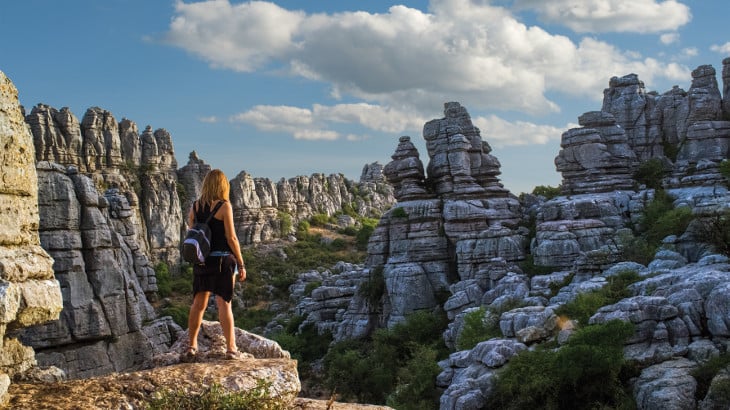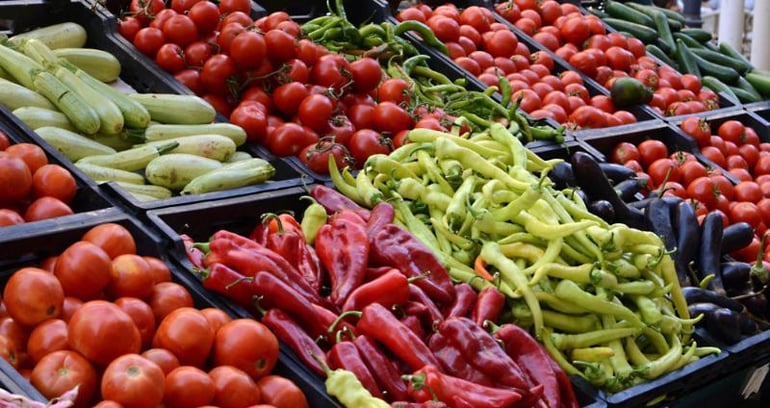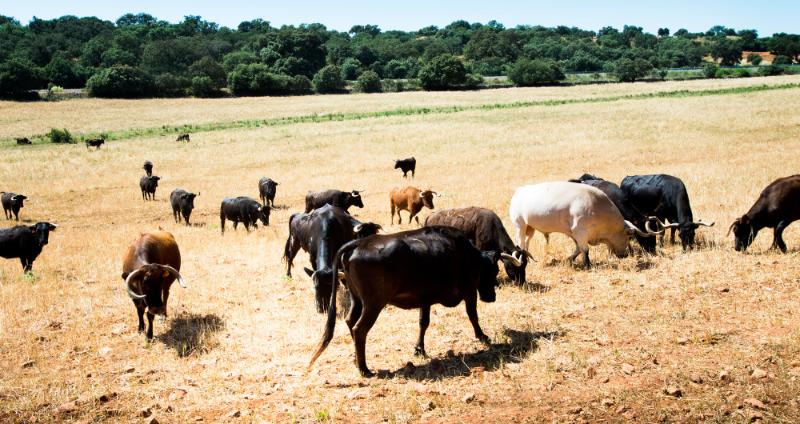Did you know the Costa del Sol has an ecosystem declared Biosphere Reserve by UNESCO? With almost thirty protected natural areas, the province of Malaga is an excellent destination for ecological tourism. In the hinterland, the mountains, forests and lagoons shelter an enormous diversity of species of flora and fauna, some of them in danger of extinction. While on the coast, the Mediterranean hides unsuspected marine paradises. Discovering the "green heritage" treasured by its nine regions, tasting the healthiest cuisine or looking at animals in their natural habitat are some of the possibilities at your fingertips.
Legendary animals in idyllic surroundings
Just a short distance from Ronda, Reservatauro awaits you, a farmhouse where the fighting bull and the pure-bred Spanish horses are the undisputed kings. Among the bucolic landscapes of the meadow, dotted with centuries-old oaks, you can see these animals in their natural environment.
If you prefer a wilder experience, the alternative is to visit Lobo Park. Located in Antequera, overlooking El Torcal, this place offers the possibility of entering the world of the wolf, another emblematic animal in the country. You will no longer be afraid and you might even feel true fascination for them.

This animal sanctuary is located next to the wetland that houses the largest colony of pink flamingoes in Spain: the Laguna de Fuente de Piedra. The presence of different migratory birds in the nature reserve and its great ecological richness make it a privileged place for ornithological sighting and the practice of trekking.
Natural Treasures of the Mediterranean Sea
Although the Costa del Sol is famous for its beaches, more than 100 miles of coastline shelter impressive underwater paradises. Highly appreciated by diving enthusiasts are the meadows of Posidonia of Estepona or Mijas. But above all, the seabed of the Maro-Cerro Gordo Cliffs in Nerja, for their rich biodiversity.
Another option to discover the flora and fauna of this area of the Mediterranean Sea is to visit the Alborania-Aula del Mar Museum, in the Port of Malaga. Its facilities host an interactive exhibition and animals in recovery. Among its tasks, is the conservation of the coast and the protection of marine species, such as the loggerhead turtle.
Traditional and ecological gastronomy
The traditional cuisine of Malaga is based on the Mediterranean diet and uses the fruits of the land and sea. In addition, various restaurants and tapas bars offer menus consisting of ecological ingredients, such as sustainable livestock and agriculture products or food in the home-made style.

Some of these delicacies and raw materials can also be purchased in the markets that are installed in different cities and towns on the Costa del Sol. Among the most popular are those organised by the Ecological Guadalhorce Association, which in an itinerant way carries the best products throughout the geography of Malaga.








